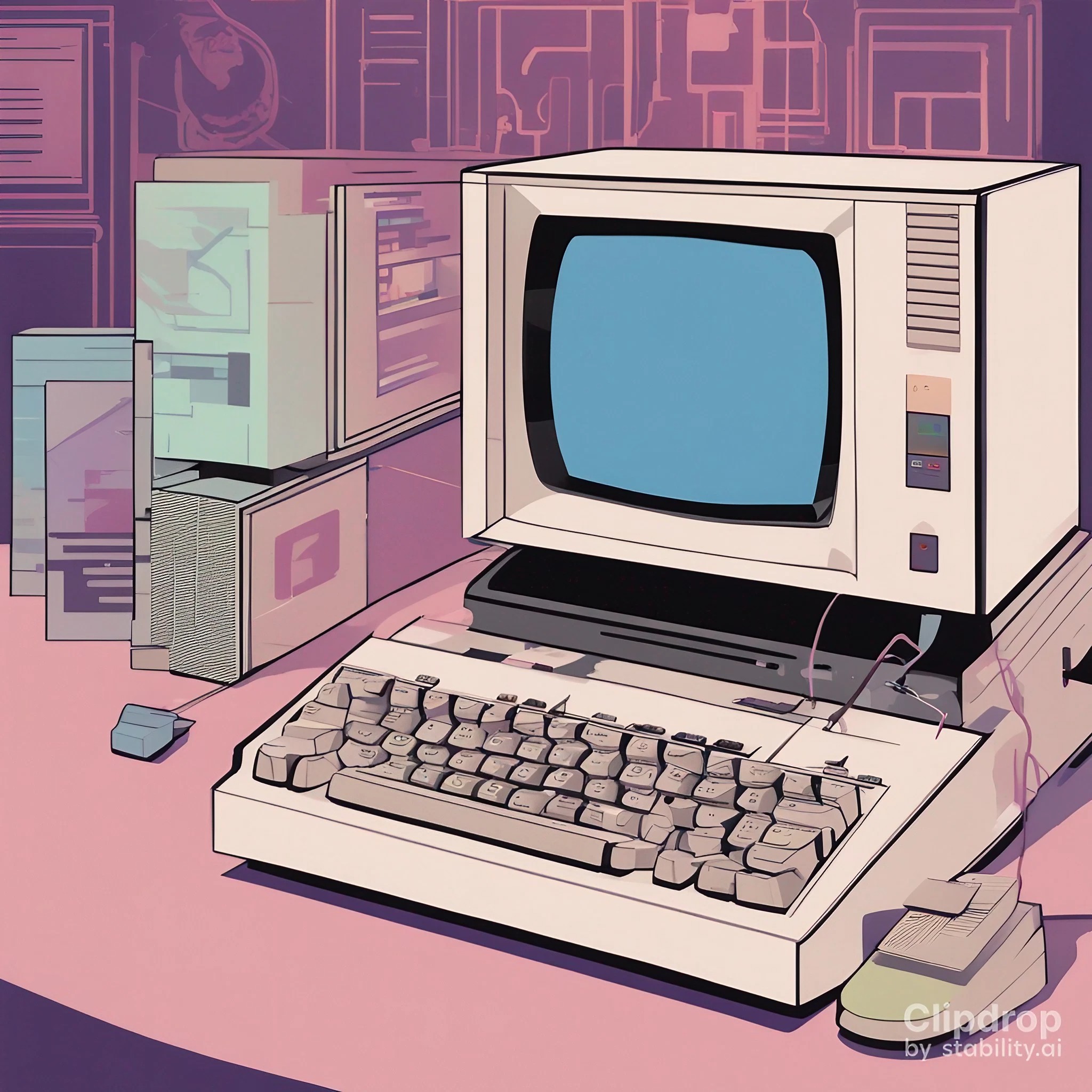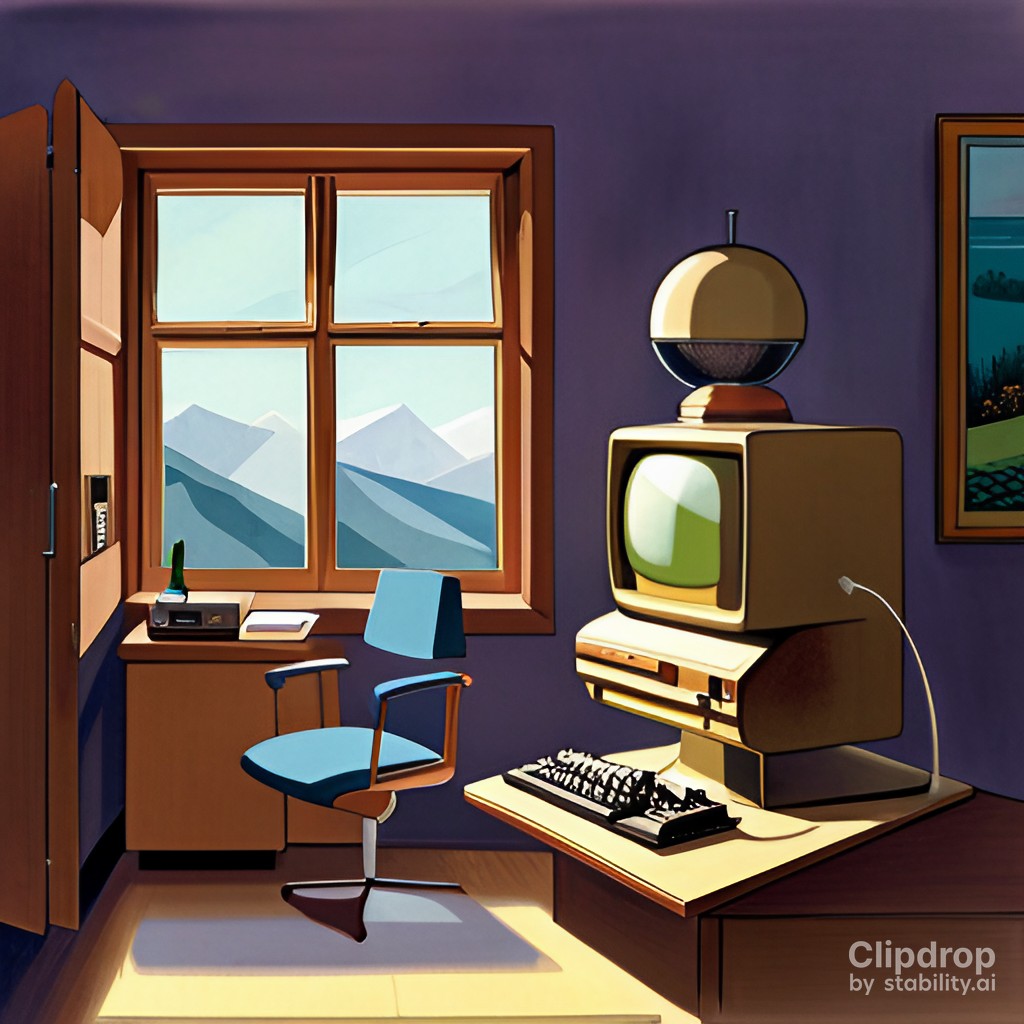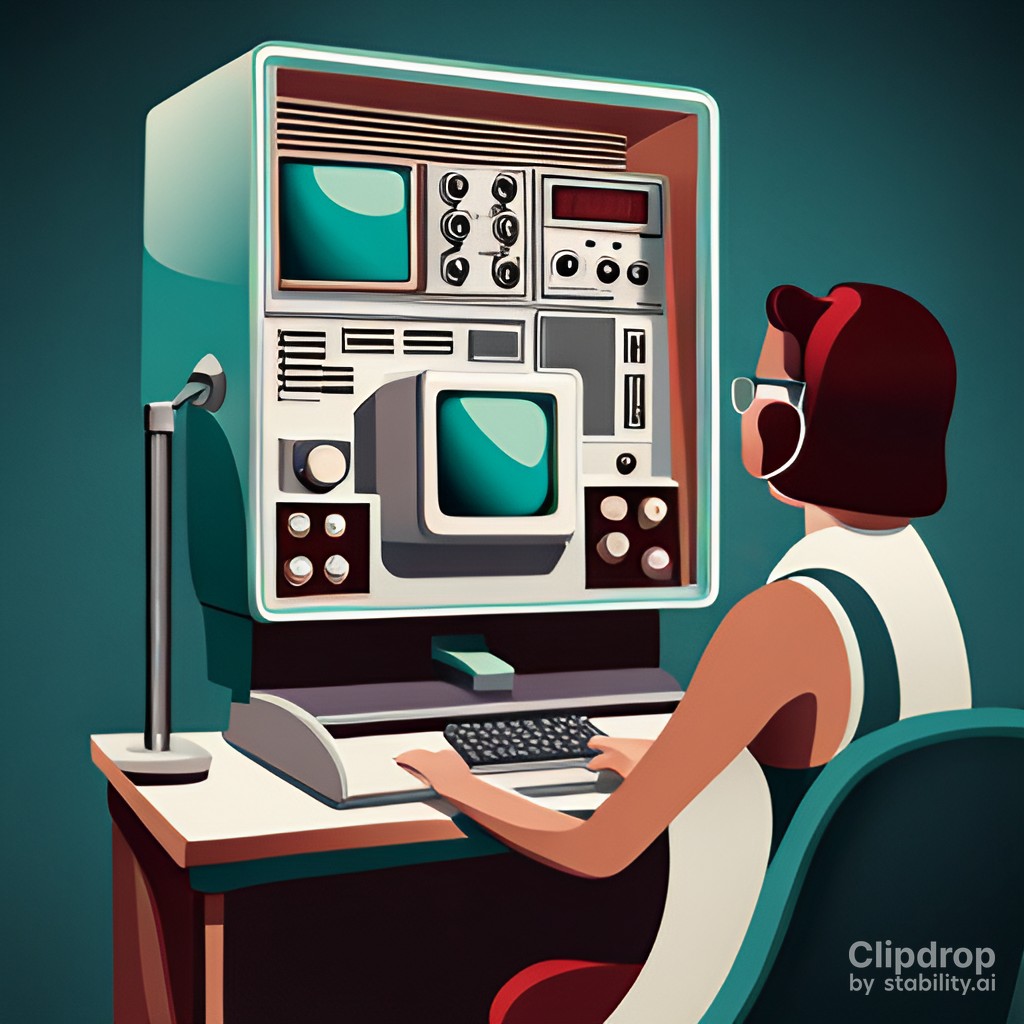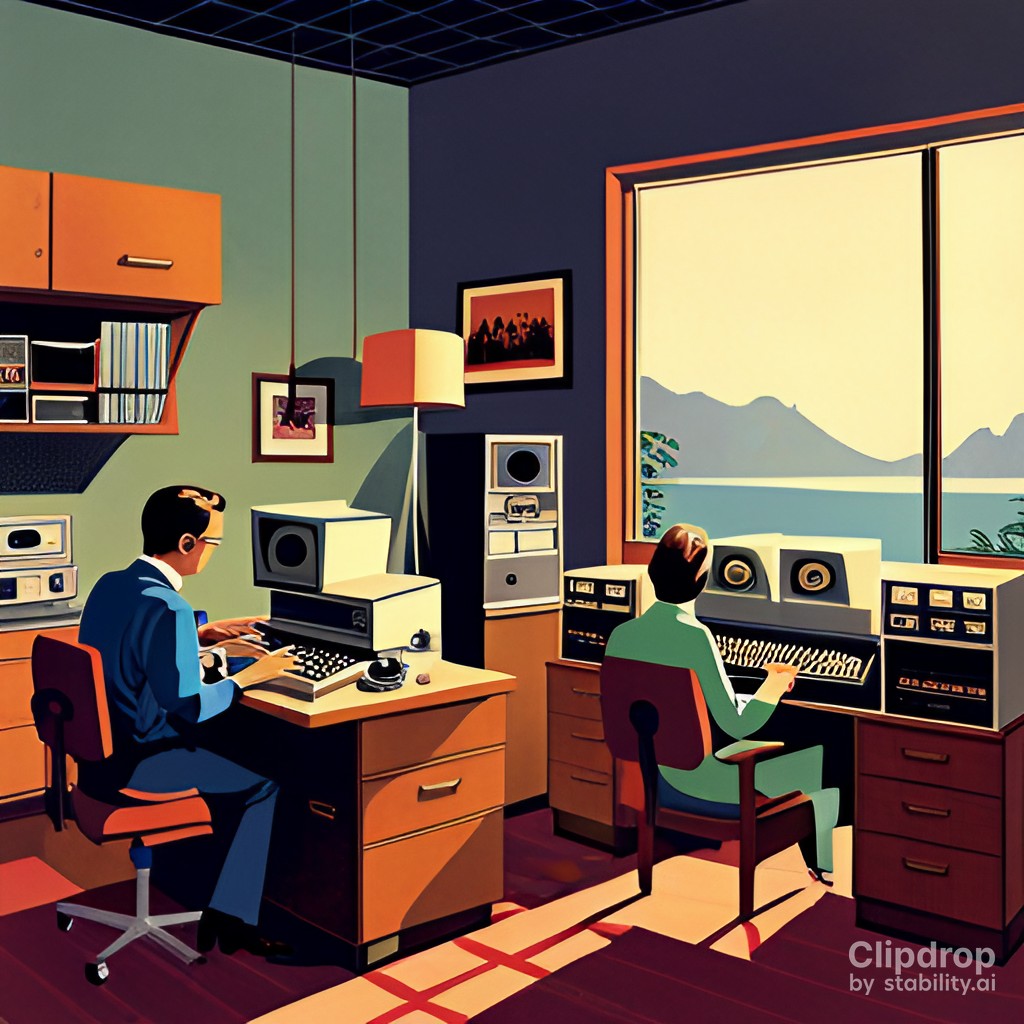“In the realm of computing, the Commodore 64 emerged not merely as a tool but as an icon of an era, illuminating the path to the future. This beacon of the 1980s didn’t just democratize computing; it shaped societies, inspired generations, and left an indelible mark that transcends decades.”
Continue reading(1981) MS-DOS: The Operating System for IBM-Compatible PCs
“MS-DOS, debuting in 1981, was more than just an operating system—it was a game-changer that reshaped the personal computing landscape and initiated a new era of accessibility and versatility in computing. Its legacy, an enduring symbol of the transformative power of technology, continues to influence the design principles of modern software, demonstrating the enduring value of simplicity, compatibility, and user-friendliness.”
Continue reading(1981) The First PC: IBM 5150 Personal Computer
“The IBM 5150, introduced in 1981, marked the beginning of the personal computer revolution. As a watershed moment in computing history, it demonstrated that computers could be powerful, versatile, and accessible tools for individuals and businesses alike. Today, the legacy of the IBM 5150 is a testament to the transformative potential of personal computers and the enduring impact they have on our lives.”
Continue reading(1977) Apple II: A Breakthrough in Personal Computers
The Apple II, launched in 1977, didn’t just redefine technology—it helped shape the world as we know it. As a revolutionary device that brought the personal computer into homes and schools, its impact can still be seen today in every modern computer, smartphone, and tablet. The Apple II serves as a testament to the transformative power of technology when designed with a human-centered approach, reminding us that innovation is not just about creating new technologies, but about reimagining how technology can enhance our lives.
Continue reading(1980) Usenet: A Predecessor to Modern Internet Forums
“Established in 1980, Usenet represents a seminal milestone in the history of the internet. As one of the earliest forms of social media and online discussion platforms, it provided a model for many of the interactive features we associate with the modern digital landscape. Usenet’s legacy serves as a testament to the internet’s inherent potential for openness, collaboration, and community, ideals that remain crucial as we navigate the complexities of the digital age.”
Continue reading(1979) VisiCalc: The First Spreadsheet Program
“Introduced in 1979, VisiCalc was more than a spreadsheet program—it was a groundbreaking innovation that transformed business operations and catalyzed a new era of computer-aided productivity. By inventing a novel category of software, it profoundly changed our perception of personal computers and left a lasting legacy that continues to resonate in today’s technology-driven landscape.”
Continue reading(1974) Intel 8080: A Pioneering 8-Bit Microprocessor
“Emerging in 1974, the Intel 8080 was more than a microprocessor; it was a transformative symbol of a new technological era. This pioneering 8-bit marvel not only redefined computational power and versatility, but also laid the foundation for the personal computing revolution. It serves as a timeless testament to the transformative power of technology, its audacious ingenuity marking a profound and enduring impact on the digital landscape.”
Continue reading(1975) Microsoft: A New Software Giant is Born
“Founded in 1975 by two young visionaries, Bill Gates and Paul Allen, Microsoft would go on to become a global software giant, transforming the digital age with its innovative products and drive to make computers accessible to everyone. The company’s relentless pursuit of innovation and its visionary leadership have forever changed the way we interact with technology, marking a profound impact on the world.”
Continue reading(1975) The Homebrew Computer Club
“Established in 1975, The Homebrew Computer Club became an incubator for the personal computer revolution, fostering an environment that birthed groundbreaking technology and future industry leaders. Its open, collaborative atmosphere and commitment to innovation spurred the development of products and technologies, such as the Apple I, that continue to shape our technological landscape.”
Continue reading(1972) Magnavox Odyssey: The First Video Game Console
“The Magnavox Odyssey, conceived by Ralph Baer and released in 1972, was the first commercial home video game console. Its innovative design and vision for interactive television entertainment forever changed the landscape of entertainment, marking the genesis of a multi-billion-dollar global industry.”
Continue reading








